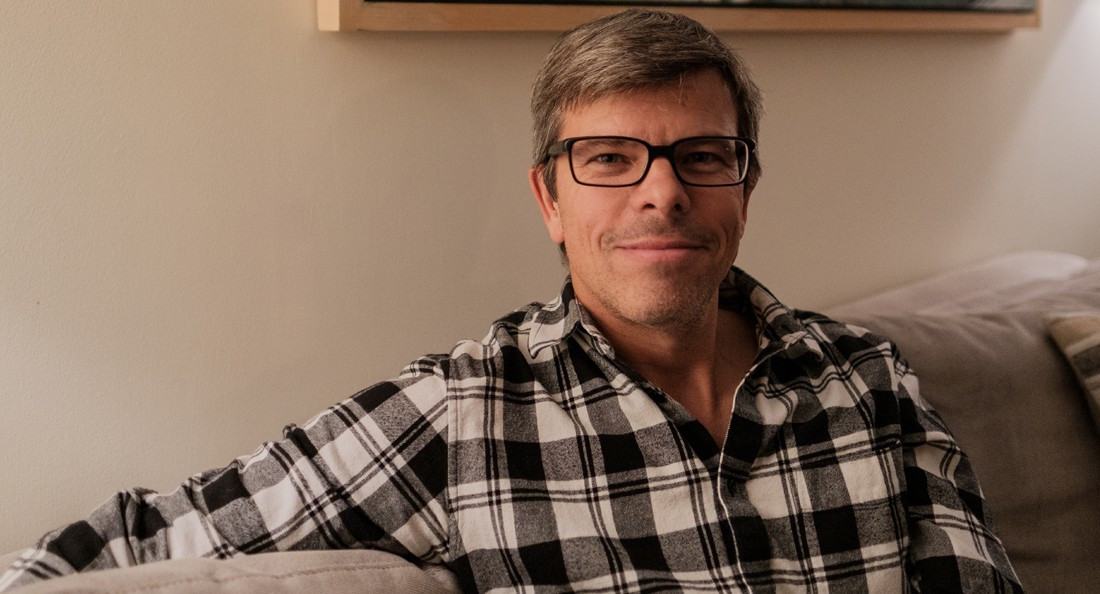Finding the hope through conversation
What does it mean to imagine a just future?
Wrapped in the question of how society responds to climate change are a lot of other questions about what people value, what “progress” means and what a good life looks like. While Mark Hudson does not have the answers to those questions, he is probably one of the best people to talk to about them.
Hudson is an environmental sociologist who teaches sociology at the University of Manitoba. He researches human relationships with nature under capitalism and is currently studying how the financial industry understands climate change ”through this weird, disturbing, very limited financial lens.”
He will be the first lecturer in a new speaker series, Speaking Up: Conversations about an alternative future, hosted by the Canadian Centre for Policy Alternatives.
Hudson says for this lecture series, “the goal is not to have me up there as a talking head droning on for an hour, but to start a conversation with people that will extend through the evening. I’m trying to frame it as a conversation opener about how we might try to think about things like progress and ideas, like a good life in the context of climate change, which is a pretty dire emergency.
“But I think for political action to take place, we also have to have a narrative and a collective conversation about how in the face of this awful potential outcome, we might start to think about and act on building something better.”
Part of that “something better” might include campaigns like Blue Communities. The campaign, which author and activist Maude Barlow will talk about while on tour for her new book, Whose Water is it Anyway?, is “a practical way for municipalities and other institutions, particularly universities and faith-based groups, to take proactive action on water protection and the human right to water,” Barlow says.
She says that while fighting for water protection has been tough, she says she wants to make sure that Blue Communities is framed as “a project of hope, so that people can do something very tangible with the concerns around climate and water.”
“We have to imagine (a sustainable and just future),” she says. “It worries me that we go around with this apocalyptic thinking. I know the statistics on climate and water. I read all the reports. I know how frightening it is, but I think it’s really important that we not say ‘the planet only has 10 years left.’ I can’t imagine being (a young person) and hearing that. Frankly, I think it’s unfair … I would think it would make you think that there’s not much you can do. And in fact, we can change.”
She also says it’s important for people to understand the water crisis as something distinct from the issues surrounding greenhouse gasses.
“The way we abuse water and over-extract groundwater and dam rivers and so on is in and of itself a cause of (the) climate crisis. If we could stop every greenhouse gas in the world, we would still have a water crisis, so we have to care for water, and we have to restore watersheds.”
Hudson says that, in a terrible way, climate change opens up political conversations that haven’t previously received a lot of media attention.
“We already cannot have the future we thought we would have 30 or 40 years ago, so given that, what are the important aspects of a new kind of society?”
Published in Volume 74, Number 6 of The Uniter (October 10, 2019)








